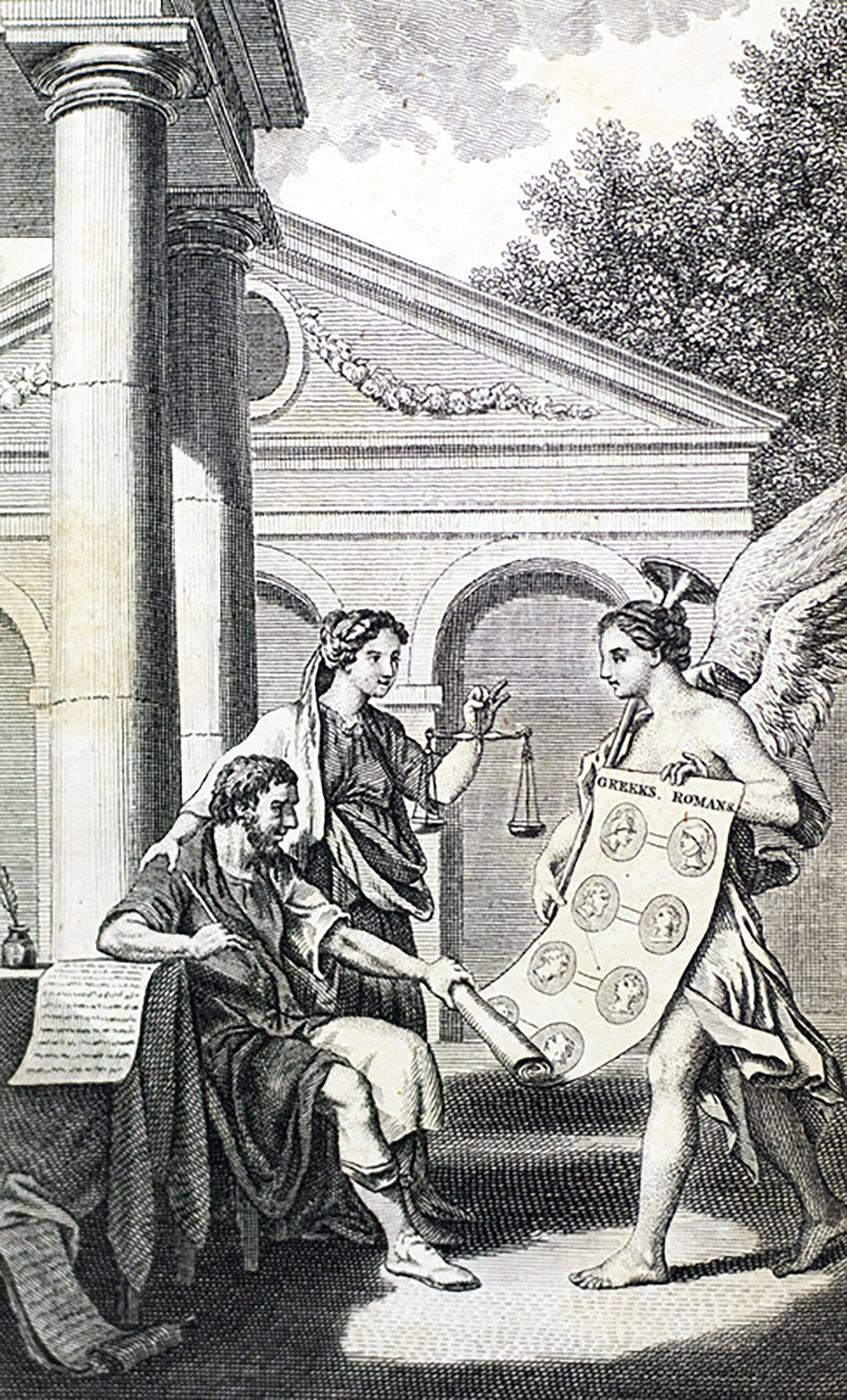Plutarch
19 Jul 2018What would we do without Plutarch? We’d be just fine, sure. But, it may well be a fundamental question for humanities of our time. It is difficult to overstate this author’s importance. Here is a guy who wrote about virtue and politics, and lot of what he’d written two thousand years ago1 survived. Virtue & politics - try to couple those two today!
Now, his style isn’t much, there are no brilliant passages to sigh to and recite (although he did quote others’ memorable lines and left us a few adages of his own). Yet, he was loved everywhere for his writing and for informing generations, rather hundreds of generations, how to live. He was a priest,2 a Roman citizen, and a Greek. It benefits his stature that Benjamin Franklin singled him out as a good read, while the great Babington Macaulay described his style as a broth “kept constantly boiling.” Plutarch was onto something that runs deeper than belle letres, erudition, or a study of moral excellence. He simply realized what it is that makes people both responsible and effective, and at the same time good -nay best!- citizens.
So, he is relevant, precisely because there isn’t much literary value in his texts. Those aren’t self-help books, though - they require unpacking - for which the reader could use some knowledge of Plato, a little history, and the dead languages, Ancient Greek and Latin. The “dead languages” are of course all over English, but we lost the connection to them, no surprise. It became difficult to make the case for learning them at schools and maintaining them in curricula. Perhaps their immediate value was never obvious in a society striving for meritocracy. Plutarch can help bring that value back, I think; stay tuned.
Images
